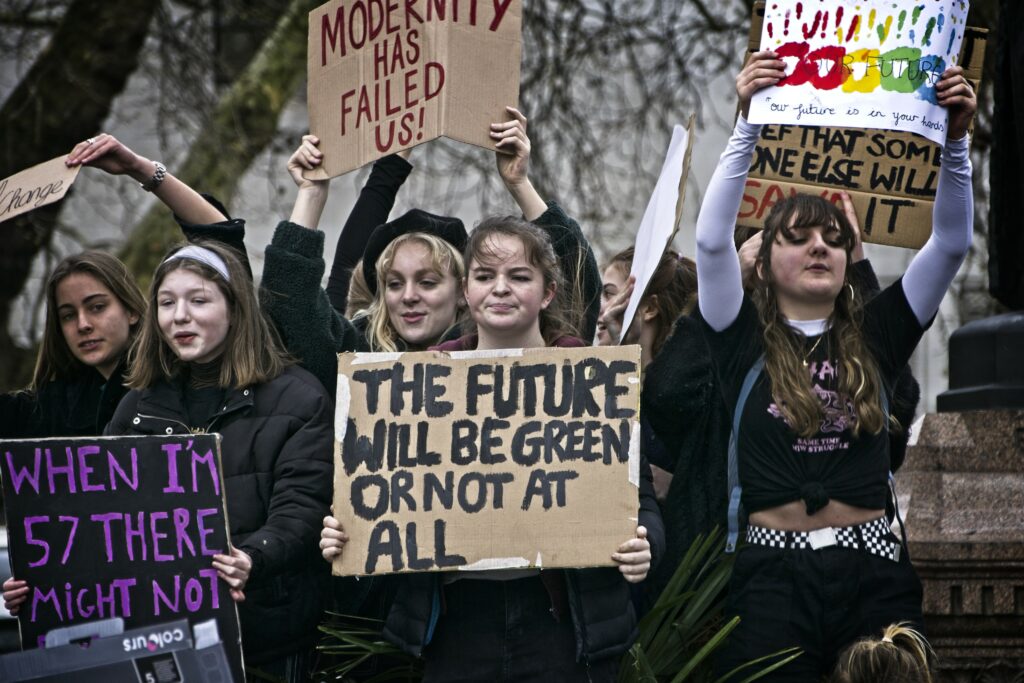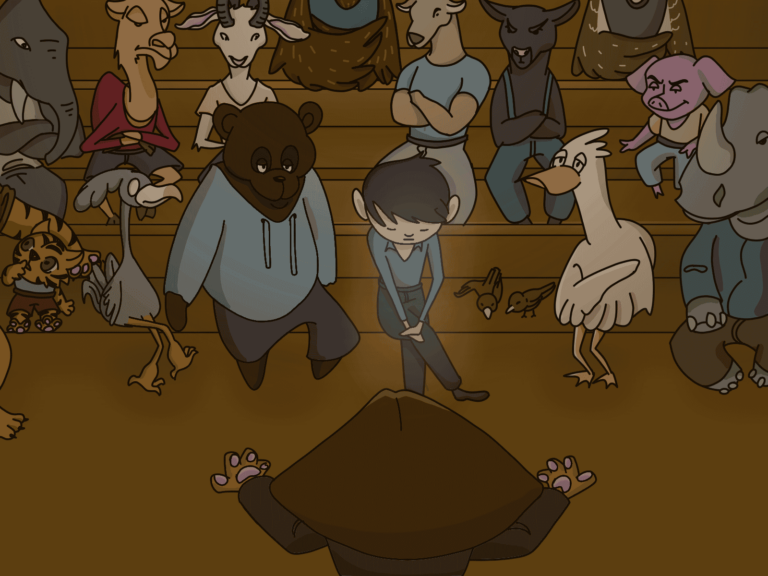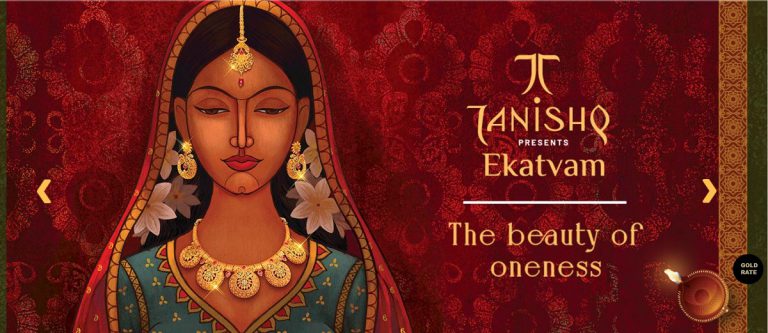Being vegan: Social justice movement


[responsivevoice_button voice=”US English Female” buttontext=”Read out this Theel for me”]
What is the first word that comes to your mind when you hear the word vegan? Aggressive, pushy, elite, snooty, saintly? Being vegan, for a very long time viewed as a fad imposed and followed by an elite crowd with a holier-than-thou attitude. But what is really veganism? The Vegan Society – the oldest vegan society in the world co-founded by Donald Watson, the father of veganism, describes in 1944, “Veganism is a philosophy and way of living which seeks to exclude—as far as is possible and practicable—all forms of exploitation of, and cruelty to, animals for food, clothing or any other purpose; and by extension, promotes the development and use of animal-free alternatives for the benefit of animals, humans and the environment. In dietary terms, it denotes the practice of dispensing with all products derived wholly or partly from animals.”
The cause that drives the vegan movement is solely our non-human animals, however late, the other anthropogenic benefits of going vegan such as health benefits, the huge global food and resources needed for animal farming or our environmental consciousness, seem to be gaining more momentum. The goal of veganism, as a movement is to end the property status granted to animals, the commodification of animals in the food, pet, clothing, cosmetics to every other industry that uses animal by-products in the process of manufacturing. It does not deny the role of animal products in the evolution of human species, it only pushes for a world which can do without it ín this day and age as far as practical and doable. The underlying idea is that we, as human species, no longer live in the natural order of things – while a lion killing a deer in the wilderness is the law of nature, production of animals, from the point of artificial breeding, lifetime enslavement, body mutilations, injecting growth hormones disabling the natural activeness of an animal, are no longer necessary for survival, and thus can be minimized or done without. Being vegan also does not mean cruelty-free, contrary to popular belief, there is still cruelty in plant agriculture on different animals, certain vegan products may still involve exploitation such as the use of monkeys in the coconut milk industry in Thailand or bee exploitation in the Californian almond industry, but it is about minimising harm to our fellow earthlings as much as we can. Being vegan also does not mean being oblivious to the myriad human exploitation that goes on in several industries such as chocolate, cashews, but veganism, as a concept focuses on the more obvious industries that ‘directly’ exploit animals, one can always be a vegan and fight for every other cause in the world too.
According to the United Nations (UN) Food and Agriculture Organisation, the meat and dairy industries are two of the top contributors to climate change. It is responsible for approximately 18 per cent of the total greenhouse gas emissions (mostly in the form of methane and carbon dioxide, caused by the emission from livestock) in documents such as these. Livestock produces more than 100 other polluting gases, including two-thirds of the world’s emission of ammonia which is largely responsible for acid rains. Manure storage and processing are the second-largest sources of emissions. Another factor adding to the problem is deforestation. This is mainly carried out to create grazing land and feed production. Thus, the number of plant agriculture and its consequential impact on other resources and animals also increases to support animal agriculture. Animal manures are drained and accumulate in water bodies which are also used for irrigation purposes in agricultural fields. ‘Reducing food’s environmental impacts through producers and consumers’ by Professor Joseph Poore of Oxford University is important in this context.
One of the first arguments that come up against a vegan lifestyle is that it is elite, and while vegan alternatives to milk, meat, fish, cosmetics are costly sometimes because of its small scale production, traditional vegan food eaten in the Indian subcontinent is cheaper than it’s non-vegan counterparts. It is imperative that we consider that for those Friday nights when we want some pizza and ice-cream, vegan ones would need you to spend a little bit more, but if one has the privilege to do so, why shouldn’t we use that privilege to minimise harm. It holds the view that the supply chain shall automatically evolve through the years once we start demanding differently, and entering the mainstream supply chain would automatically bring down costs over time.
Being vegan also does not mean that one would go nutritionally deficient. Although, being someone who is extremely passionate about the field of nutrition science and working in the very same field, more often than not, I have found that our interpretation of science is driven by ethics, and that is a disservice to science. The Academy of Nutrition and Dietetics, coupled with several other dietetic associations in the world have now declared vegan diets to be suitable for all stages of life – from infancy, adulthood, lactation, pregnancy, old age and for athletes here. However, as with any huge dietary change, transitioning should be taken with caution, with B12, Vitamin D3 and Omega 3 DHA being the three nutrients that need special focus from vegans. Vitamin B12 is produced by bacteria in soil, and though it is not produced by animals, animals would traditionally get it from their feed and dirt. As feeds got more industrialised, depleting soil health, overuse of pesticides, our hygienic standards have made b12 from natural sources, especially from plant sources, quite rare, making b12 injections for farm animals quite common place in some areas of the world. B12 supplementation is recommended by most doctors and dieticians for vegans.
Animal foods are often considered a complete and superior source of protein. This is because all animal foods have a complete amino acid profile i.e. all essential amino acids in satisfactory quantity. However, combinations of plant foods, as basic as rice and lentils ‘together’ provide a similar amino acid profile as animal foods, and protein need not be a worry as long as one is eating a diverse range of plant foods throughout the day – legumes, whole grains, nuts, seeds. All plant foods have the same amino acids, but in varying quantities, so making combinations throughout the day provide for a more superior amino acid profile. Though soy, quinoa and a few other plant foods have a complete amino acid by itself oy is an option even for a vegan, it is not mandatory to consume soy to meet nutritional requirements as a vegan. We have all grown up seeing milk as the superior source of calcium, but our very own til ke ladoos aka sesame seeds, our ancient millet ragi, and the greens are all great sources of calcium. But what our bodies need to absorb and utilise this calcium is Vit D, for which sunlight is our best friend, Vitamin K2 found in fermented foods and converted by our liver from Vitamin K1 from greens. So, eating those greens, home-made pickles, and all those fermented foods might be helpful, will keep your gut happy too, and the third ingredient is regular exercise, and those together help our bodies to process calcium.
If you ever had anaemia, you might have been suggested to double your intake of iron. While animal sources of iron – heme iron are better absorbed by our bodies, greens and beans contain non heme iron, which is not equally absorbed, and there is a simple trick to increase this, Vit C, from lemons, amla (indian gooseberry)boost iron absorption if taken in the same meal, and bring in on par with heme iron. There are a couple of other nutrients such as creatine, choline that are often written about to promote the idea that vegan diets are nutritionally deficient, but most of them are either found in smaller quantities in plant foods or can be eventually produced by our own bodies when not received through dietary sources. However, while all of this might sound intimidating at first, more and more have that plant-predominant diets or plant-based diets have a lower risk of heart disease, Type 2 diabetes, blood pressure, breast and prostate cancer and most other chronic diseases that plague us. But just like any other transition over food, caution is important, and utmost care should be taken by the vegan activists to inform every vegan and vegan-curious individual of these nutrients.
One valid criticism that often comes against vegan activists is obliviousness to socio-economic conditions of every human and circumstances they are in and complexity of human habits. Being judgemental or aggressive with an ‘ism’ that is as newly popularised as veganism, calling names, abusing fellow vegans for falling off the wagon making it seem like a closed group or cult may not help reach the ‘çause’ to the masses. All of us are learning, none of us can possibly live a life that is truly cruelty free, we just have to start somewhere, and be there for each other if one fails to live up to the demarcations of a vegan lifestyle that is created through a consensus.
On this World Vegan Day, without being preachy, I would only urge all of us to contemplate our choices, the impact of our choices on other beings, to evoke the compassionate side in us amidst our busy lives, know where our consumer goods come from, allow ourselves from viewing supply chain through an anthropocentric lens to a lens which is inclusive of all beings. All of us do not have to go all the way, but we can all start somewhere today. Labels are for us humans, we may not need to fit into these boxes, we can always strive to do better in our own little ways!
Image Credit: NationofChange







Beautifully expressed. I too feel the same. Stay Blessed ??
Well written. I totally agree with you!!! ??